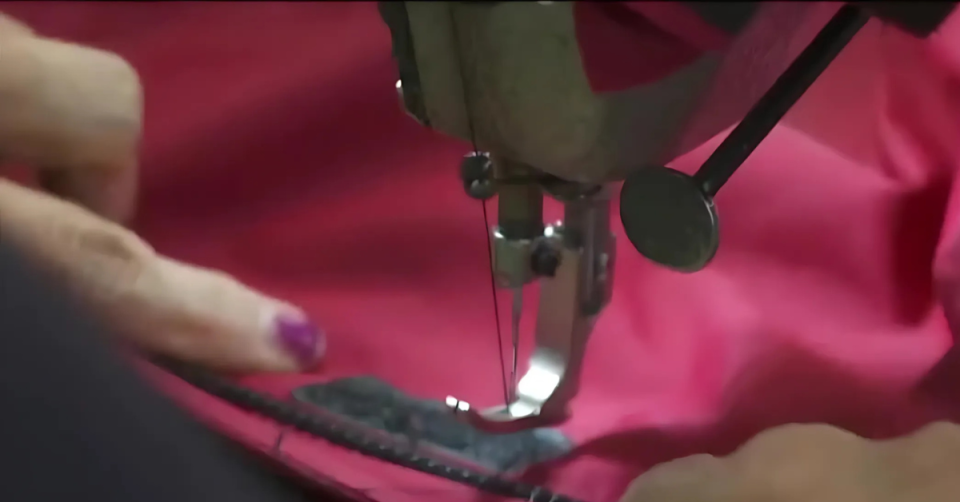The Warehouse is piloting a scheme to give discounts to customers who drop off used clothing in its “Good Drop” collection bins.
Each year, 180,000 tones of textiles – much from used clothing – ends up in landfills, and New Zealand lags Australia and European countries in developing stewardship schemes to deal with end-of-life clothing more responsibly.
The first five Red Sheds to get Good Drop bins are Petone in Wellington, Whangārei, Takanini in Auckland, Hillcrest in Hamilton, and Barrington in Christchurch. Wearable clothing will be donated to The Salvation Army to be resold in its Family Stores, The Warehouse Group’s Phil Cuming said. The rest will be recycled by ImpacTex into products like signage and retail displays, packaging, protection mats, and acoustic panels.
Cummings said the “conversation” about diverting textiles from landfill was more advanced in places like the UK and Australia than in New Zealand. It was also common for big retailers overseas to have clothing collection and take-back schemes in place. The Warehouse was a major retailer of clothing, and was looking at playing a role in reducing textile waste, Cummings said.
The conversation about textile waste is growing in this country. Some higher-end clothing brands, like Ruby, Patagonia and Kowtow, have been showcasing more sustainable models of business, selling longer-life clothing designed with repairability in mind.
However, the issue has become political in some countries. In Australia, where 200,000 tonnes ends up in landfills each year, politicians took action. In 2021, clothing textiles were placed on the Federal Government’s “priority” list, requiring the industry to reduce the quantity of textiles going to landfill.
In response, the Australian Fashion Council launched the “Seamless” product stewardship scheme focusing on recycling and reuse, funded by a small levy on each item of clothing imported, or produced in Australia. Mindful Fashion, an association of ethically minded clothing designers, retailers and manufacturers, has asked Minister for the Environment Penny Simmonds for a meeting with a view to bringing Seamless to New Zealand, but has so far not been given an audience.
There’s been a growing discomfort with the fast fashion industry, which encourages the rapid turnover of clothing in people’s wardrobes as they pursue the latest industry-manufactured fashion trends. In his submission on the Consumer Guarantees (Right to Repair) Act, Douglas Renwick complained about “psychological obsolescence” in fast fashion.
“The fast fashion industry is completely out of control, emitting around 8% to 10% of global emissions, destroying soil quality, and draining water, and contributing to the microplastics crisis that is giving people health problems,” he said in his submission.



